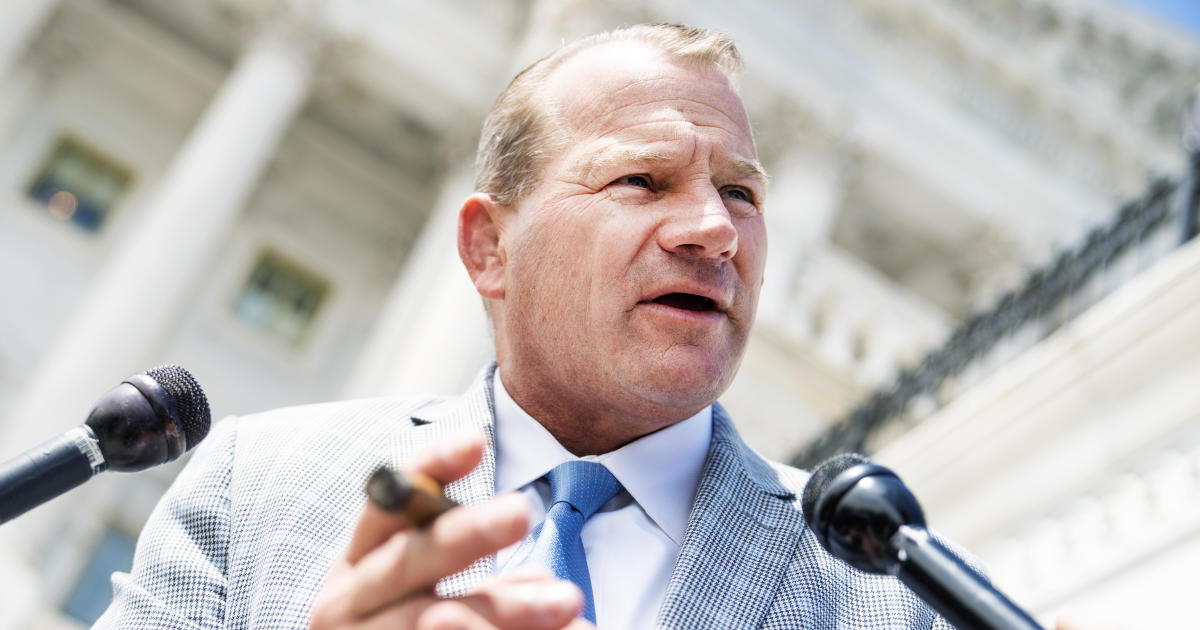The United States suspended its debt ceiling in 2019. That ends this weekend.
The Treasury Department runs into an important deadline this weekend, when a 2019 suspension of the government's debt limit — known as the debt ceiling — expires Saturday. That forces the Treasury Department to perform what are called "extraordinary measures" so the government can continue paying its obligations as lawmakers prepare to face off over the issue moving forward.
The debt ceiling is the amount the Treasury can borrow on behalf of the public. Raising or suspending that borrowing limit does not dictate how much money the government spends, but allows the U.S. to pay what has already been approved. The debt ceiling was suspended in 2019 under President Donald Trump.
On Friday, the Treasury Department started taking its "extraordinary measures" ahead of the looming deadline and warned congressional leaders in a recent letter that the Treasury will need to start taking additional steps starting Monday to keep the U.S. from defaulting on its obligations if congressional action was not taken.
Treasury Secretary Janet Yellen said failure to meet its obligations would cause "irreparable harm" to the U.S. economy.
The U.S. has never defaulted on its debt, a situation unwelcome to lawmakers on both sides of the political aisle. But heading into the weekend, no actions appeared to be on the near horizon to address the issue — but a hard deadline to take action isn't clear.
In addition to its "extraordinary measures," the Treasury Department said earlier this year it would have $450 billion in cash on hand starting next month.
Last week, the Congressional Budget Office estimated the government would probably run out of cash to pay its bills starting this fall, likely in October or November, echoing an early projection by the Bipartisan Policy Center of the so-called "X date" coming some time this fall.
But as the U.S. heads toward another deadline, there is the additional uncertainty of the coronavirus, one that has not factored into previous debt limit debates.
In the past, raising or suspending the debt ceiling had taken place with bipartisan support. Most recently, the 2019 bill suspending the debt ceiling passed before lawmakers headed out on recess, with a number of Senate Democrats joining Republicans in the majority to pass the bill 67 to 28.
Last week, now Senate Minority Leader Mitch McConnell suggested putting a debt limit provision in the $3.5 trillion reconciliation bill Senate Democrats are working on, telling Punchbowl News he doesn't expect a single Republican to vote to raise it. Senate Majority Leader Chuck Schumer pointed out Democrats joined Republicans three times during the Trump administration to raise the ceiling, calling it "Trump debt."
The national debt was just under $20 trillion when President Donald Trump took office and more than $27 trillion when he left office earlier this year.
Senate Democrats are not just working on their budget package but also with Republicans on a bipartisan infrastructure package. They're pushing to get it done, but it could bleed into the August recess tentatively set to start in just over a week. House members could head out as soon as this weekend.



